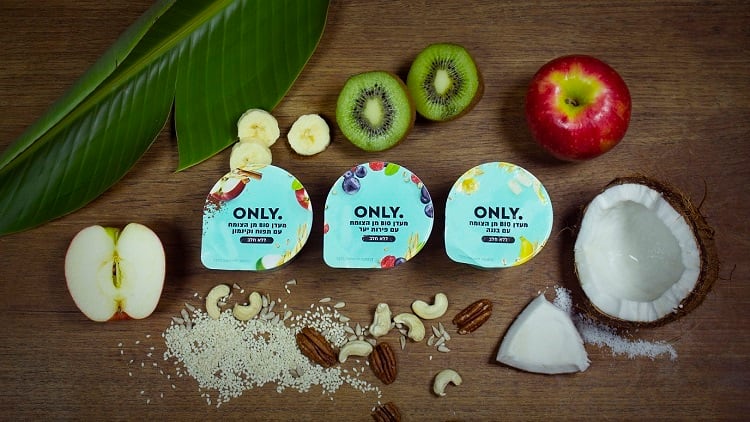Titanium dioxide nanoparticles can be present in products including mayonnaise and chewing gum. It is normally found in ’high quantities’ as it has a whitening function.
“[This means that] E171 is consumed in high proportion everyday by the general population,” said the study’s official statement.
According to study co-lead author Associate Professor Wojciech Chrzanowski: “It is well established that dietary composition has an impact on physiology and health, yet the role of food additives is poorly understood.”
“This study presents pivotal evidence that consumption of food containing food additive E171 (titanium dioxide) affects gut microbiota [and inflammation], which could lead to [various gut-related] diseases.”
In the study, the researchers administered varying doses of titanium dioxide (0mg, 2mg, 10mg, or 50mg per kg body weight per day) to rats via drinking water. The rats were euthanised and analysis performed on the gut cells, tissues and DNA after four weeks.
It was found that although titanium dioxide had very minimal impact on the gut microbiota diversity, homeostasis in the colon was still significantly impacted after a few weeks.
This was observed in titanium dioxide’s impact on bacterial function by changing the metabolites released as well as increasing biofilm formation, as well as affecting genes for cells related to the intestinal mucus layer and surface antimicrobial proteins.
Increased inflammation was also seen in the gut.
“[These findings demonstrate that titanium dioxide] profoundly affects gut homeostasis in mice, and [can do so] over a period of time significantly shorter than the exposure typical for the human population,” said the study authors.
“These changes were most significant at the highest dose of 50mg per kg body weight per day, but still significant at the physiological doses of 2mg and 10mg.”
“[As such], the disruption of gut homeostasis due to chronic titanium dioxide exposure may thus prime the host for conditions such as inflammatory bowel diseases or colorectal cancer.”
Significance of findings
According to the study, the average adult consumes between 0.7mg and 5.9mg of titanium dioxide per kg body weight per day throughout their lifetime. Children in particular are exposed to up to 32.4mg per kg body weight per day.
Apart from the pro-inflammatory environment and biofilm formation induced by titanium dioxide (both of which increase the risk of gut diseases and cancer), its impact on bacterial metabolites like acetate also have ‘profound implications’.
“[Acetate] has been shown to provide protection from colitis, colorectal cancer, food allergy, asthma and type 1 diabetes, [and its] reduced production at the highest dose of titanium dioxide [means that this protective effect is greatly reduced in the gut],” said the authors.
They also emphasized the need for further research into how titanium dioxide (whether alone or in combination with other additives) affects human health.
“Such research would better inform the regulation of food additives such TiO2 and thus potentially reduce the incidence of non-communicable diseases.”
Co-lead author Associate Professor Laurence Macia added that food regulatory bodies also needed to step up.
“We are saying that [titanium dioxide] consumption should be better regulated by food authorities,” she said.
Source: Frontiers in Nutrition
Study: Impact of the Food Additive Titanium Dioxide (E171) on Gut Microbiota-Host Interaction
https://doi.org/10.3389/fnut.2019.00057
Authors: Pinget, G. et. al.



